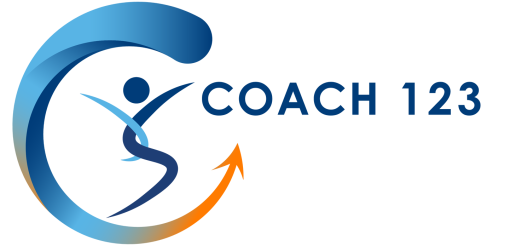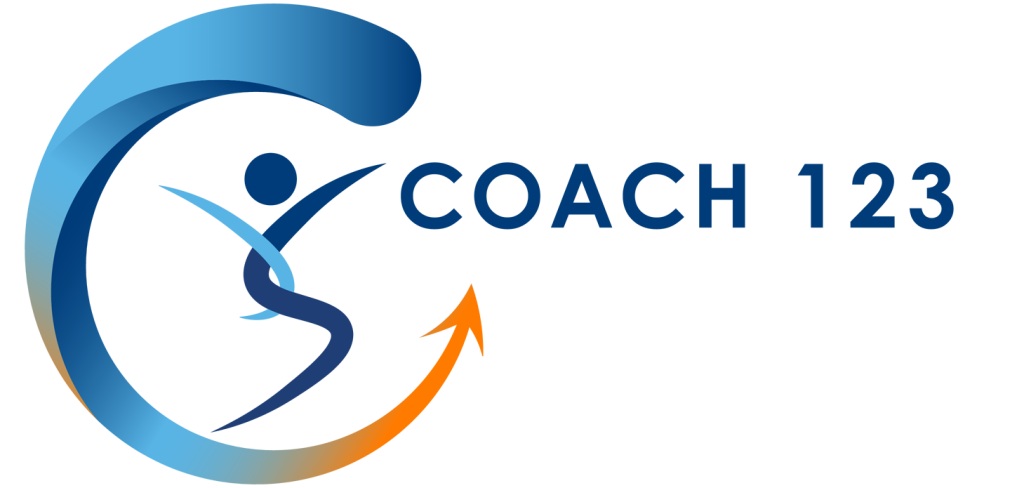How Does Career Coaching Truly Help? (Part 1)
How Does Career Coaching Truly Help? (Part 1)

Are you feeling stuck in your job, unsure how to move forward? Do you dream of a more fulfilling career and lack a clear path? Many professionals experience these frustrations, feeling unfulfilled or questioning their next step. Career coaching offers a powerful, transformative solution to these common challenges, helping you navigate your professional journey with purpose.
Career coaching supports you in achieving your work goals. It’s about finding clarity, building skills, and taking real action. This process helps you reach your full professional potential, leading to more job satisfaction and success.
- Understanding the Core Principles of Career Coaching
Defining Career Coaching: A Partnership for Progress
Career coaching is a team effort focused on your professional growth. It is a helpful process where you set goals, build new skills, and strategize how to overcome hurdles you face. Your coach is your partner, keeping you on track and focused. They do not give you answers, they do help you find your own best solutions.
The Coach-Client Relationship: Building Trust and Rapport
The bond between you and your coach is key. A good coach creates a safe space where you can share your real thoughts and concerns. This trust makes it easier to be open and talk honestly about your career. When you feel understood, you can truly explore what you want and design your path forward.
Differentiating Coaching from Mentoring and Therapy
It’s helpful to know how coaching stands apart from other types of support. Mentoring often involves someone sharing their own experiences and advice with you. Therapy usually looks at past events and feelings to address psychological issues. Coaching focuses forward on future goals and taking clear steps to reach them. It’s all about action and progress right now.
- Identifying Your Strengths and Passions
Uncovering Hidden Talents and Skills
Career coaches use various techniques to help you see what you’re good at and enjoy most. They may use strengths tests, guide you through reflection exercises, or help you understand feedback from others. These tools can reveal your hidden talents. Many people overlook their best skills simply because they find them easy to use.
Actionable Tip: Take a moment to list 5 skills you use often that feel natural or “easy” to you – these are often your core strengths.
Aligning Career Goals with Personal Values and Passions
Coaching helps you look beyond just salary or a job title. It guides you to explore what truly drives you and makes you happy. The key to lasting career satisfaction is making sure your work fits with what you care about most. This means finding a job that lines up with your deeper beliefs and passions, not just a paycheck.
Overcoming Limiting Beliefs About Your Capabilities
Sometimes, your biggest barrier is yourself. Coaches help you challenge those nagging self-doubts and negative thoughts that hold you back. They show you how to swap old beliefs like “I can’t do that” with new, empowering ones, “I am capable and worthy”. This shift in mindset lets you push past what you thought were your limits.
- Navigating Career Transitions and Change
Developing a Strategic Career Change Plan
When you want to switch careers or roles, a coach helps you build a clear plan. This roadmap includes researching new fields, growing your network, and gaining appropriate skills. It makes a big change feel less overwhelming and more doable. You create a step-by-step guide for yourself.
Real-World Example: Sarah, a marketing manager, was burned out. She wanted to move into UX design. Her coach helped her figure out what skills were required, find online classes, and connect with people in the tech world. This led her to a successful new job within 18 months.
Enhancing Your Job Search Skills
A coach gives you a real edge in the job market. They offer advice on making your resume stand out and writing compelling cover letters. They also help you fine-tune your LinkedIn profile to attract recruiters. Plus, you discover effective ways to network and find hidden job openings.
Preparing for Interviews with Confidence
Interviews can be stressful; coaching makes them easier. Your coach provides practice sessions and honest observations. You learn how to answer tough questions and clearly explain what you offer a company. This preparation builds your confidence so you walk into interviews feeling ready.
Actionable Tip: Practice the STAR method (Situation, Task, Action, Result) for behavioral interview questions to give clear, impactful answers.
- Setting and Achieving Meaningful Career Goals
The Power of SMART Goal Setting in Career Development
Coaches invite you to use the SMART framework for goal setting. This means your goals are Specific, Measurable, Actionable, Relevant, and Time-bound. Applying SMART makes your career dreams concrete steps. It changes vague wishes into clear targets you can hit.
Statistic Example: People who set specific, written goals are much more likely to achieve them than those who just think about their goals.
Building Accountability and Momentum
Regular meetings with your coach keep you self-accountable for accomplishing tasks. This structure helps you stay committed to your plan and see real progress. Knowing you have a partner encourages you to move forward with confidence. Coaching builds a steady forward momentum in your career journey.
Overcoming Obstacles and Staying Motivated
Career paths are rarely straight lines; setbacks happen. Coaches help you find ways around these hurdles and keep your focus sharp. They also help you adapt your plans when things change. You learn to handle challenges and stay motivated, even when the going gets tough.
Next week, we will continue with boosting professional development and leadership skills.
Until then, be sure to visit Coach-123 at www.Coach-123.com











